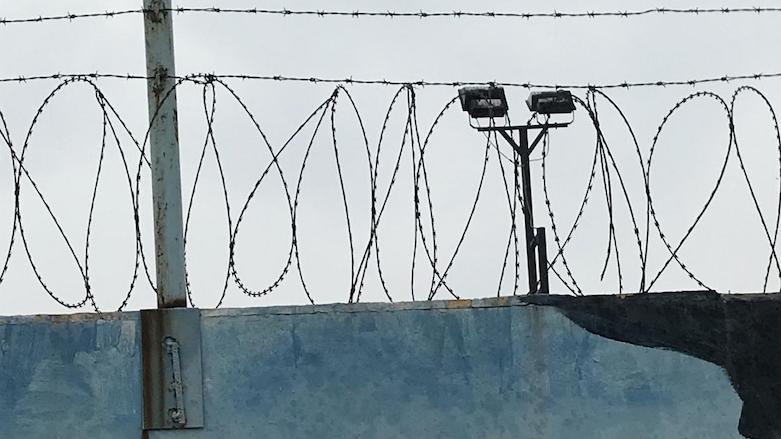KRG rejects HRW report about abuse, torture of IS child detainees

ERBIL (Kurdistan 24) – The Kurdistan Regional Government (KRG) is transparent in its treatment of Islamic State (IS) detainees and the management of its detention centers, Dindar Zebari, the KRG’s Coordinator for International Advocacy said in response to a Human Rights Watch report accusing the Kurdistan Region of abusing IS child detainees.
HRW published a report on Tuesday titled, “Kurdistan Region of Iraq: Detained Children Tortured,” where it claims to have interviewed 20 boys, ages 14 to 17, who were charged or convicted of affiliation to IS at the Women and Children’s Reformatory in Erbil in November 2018.
In its report, HRW says the boys revealed instances where Kurdish Asayish (security) tortured them into giving false confessions during interrogations, and that they were not given access to lawyers or a fair trial.
In a statement on Tuesday, Zebari pointed out that the KRG has granted access to the facility to the International Committee of the Red Cross (ICRC) and UN agencies.
“The KRG security departments and the reformatory center in Erbil have not received any complaints of ill-treatment and torture” from the IS child detainees, he said.
The official reassured that, if there were any instances discovered by the KRG of mistreatment of detainees in its custody, the matter would be “immediately followed upon according to the applicable laws punishing anyone who is guilty of ill-treating the detainees.”
He stated that suspects who believe they have been mistreated or tortured by security officials should reveal so during the investigation process or file a complaint, but did not give details of internal oversight procedures that would encourage a detainee to make such claims without fear of possible retribution, particularly a minor.
“The detainees who have confessed have confessed of their affiliation with IS under no pressure of any type by the authorities,” Zebari stressed in his statement.
“The KRG reiterates that inappropriate treatment such as torture toward detainees and especially children and juveniles on behalf of the police departments and other security departments are not permissible or tolerable under any circumstances.”
Since the extremist group emerged in mid-2014, Kurdish security forces have carried out specific measures when arresting IS members which include a screening process (only for men), notifying the family members, and giving the detainees a right to see their family and a right to a lawyer. They are then taken to reception facilities where essential aid and services are available for them.
Editing by John J. Catherine
